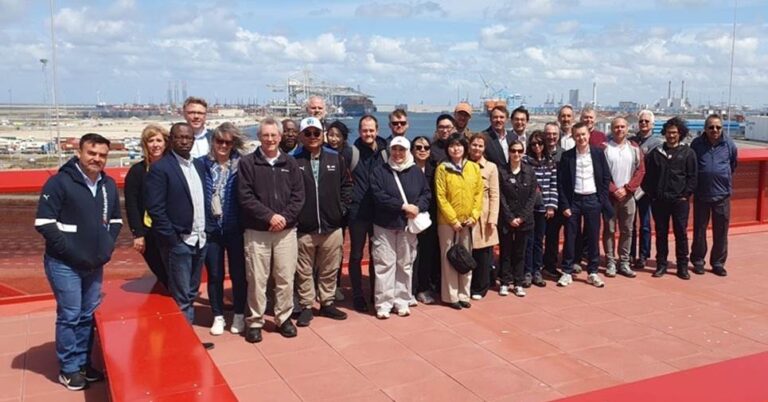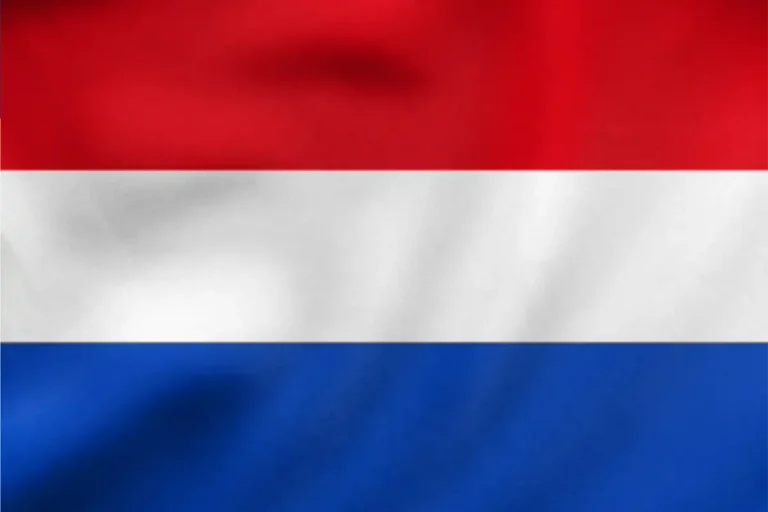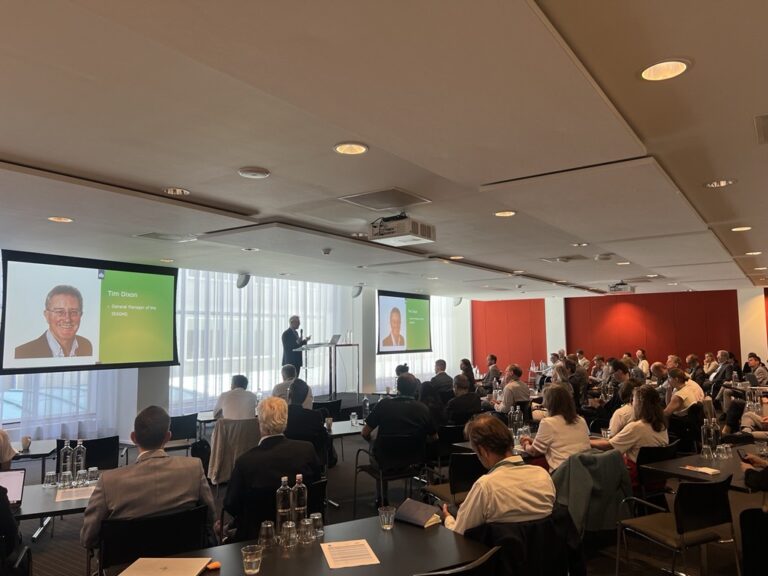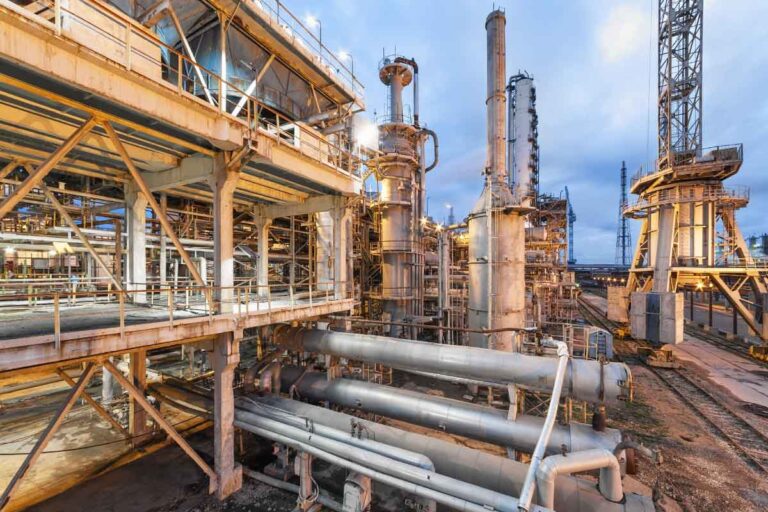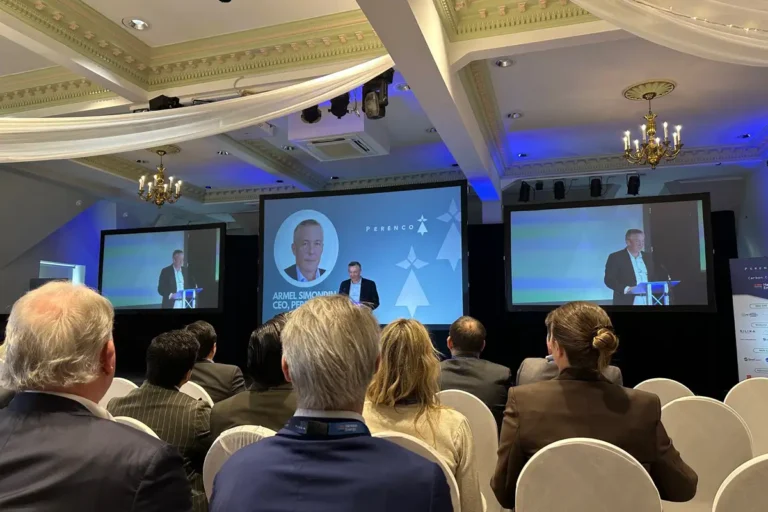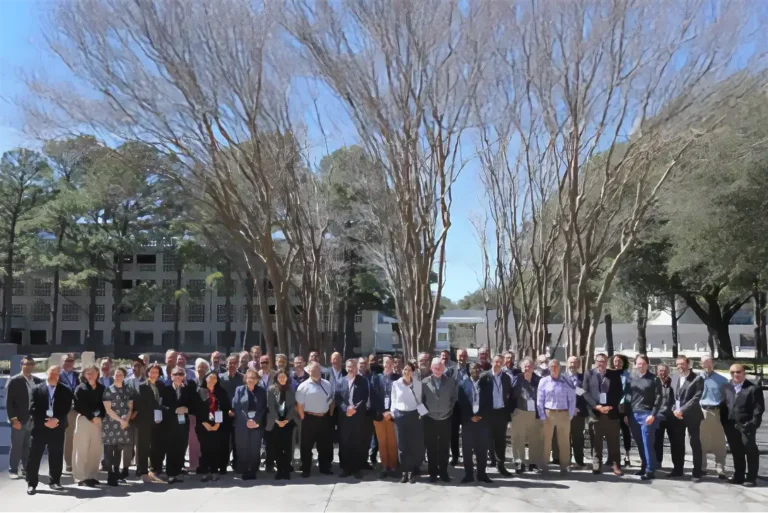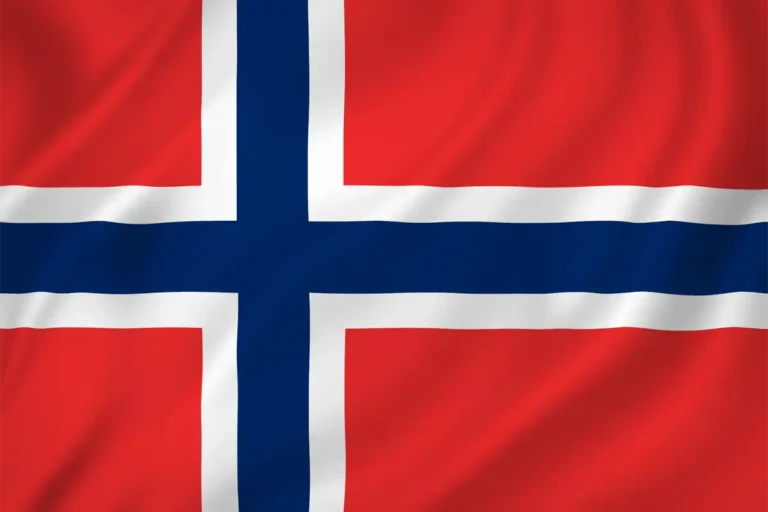
Managing the Offshore Energy Transition MOET Stakeholder Meeting
8 December 2023

In June 2022 the UK’s Natural Environmental Research Council (NERC) awarded the British Geological Survey (BGS) with the National Oceanography Centre (NOC) and the Plymouth Marine Laboratory (PML) a significant grant to conduct a 5-year project called MOET (Managing the Environmental Sustainability of the Offshore Energy Transition). The project will assess holistically the environmental sustainability and societal impact of offshore hydrogen and carbon dioxide storage alongside offshore wind and aims to develop solutions to deliver and plan the technology and infrastructure required to enable the offshore energy transition.
As part of this work, the project has assembled a diverse group of around 50 stakeholders that represent organisations that have a vested interest in the offshore, the energy transition and the marine environment, from marine conservation organisations, NGOs, governmental departments and agencies, and energy companies. IEAGHG are part of this stakeholder group.
On Thursday 23rd November the MOET project team held an in-person stakeholder meeting at the Chartered Institute of Arbitrators, London.Almost 40 people gathered for a highly engaged day. The day began with a set of presentations from the project team with updates on the work packages. And then continued with interactive group work sessions exploring knowledge gaps and research priorities, societal impacts and public perceptions and a final group where we were encouraged to share ideas for what ways the research should be shared, i.e. what form the outputs should take.
The UK offshore space is already busy and the transition to low-carbon technologies requires a joined-up strategy to enable maximum benefits for existing and new users. The MOET project will consider the subsurface technologies of temporary hydrogen storage, permanent storage of CO2, the interaction of surface facilities and infrastructure and ways to minimise conflicts (e.g. with offshore wind) and gauge public understanding and acceptance of these technologies. Three work packages are underway and essentially build upwards from the subsurface (WP1) to shallow subsurface, seabed and water column (WP2) to society (WP3). A final work package aims to draw these themes together and translate the research into stakeholder-relevant solutions to support decision making.
Results and ambitions from the work to date include:
- WP1: mapping of areas suitable for H2 storage, mapping of structures that bound the Bunter sandstone and connectivity, regional pressure modelling, likelihood of microbial activity in storage strata, co-location and competition for H2 and CO2 storage, impacts of storage on overburden and infrastructure.
- WP2-1: H2 storage: laboratory experiments into dominant products of reactions of H2 and impacts on microbial community structure, modelling of dissolution, impact and detectability of H2, assessing potential impacts footprints relative to leak rate, safe limits for H2 release, suitable methods and metrics for baseline and operational monitoring and recommendations for MMV.
- WP2-2: Looking at the constraints on the seabed/shallow subsurface on licenced areas for energy infrastructure developments e.g. windfarms, cable routing, aggregate extraction. Seabed geology mapping products have been published and there are ambitions to produce a variety of further geospatial datasets.
- WP2-3: Exploring the potential environmental consequences of windfarms by developing enhanced ecological niche models for offshore structures.
- WP3: looking at the social trade-offs and consequences of the offshore energy transition by quantifying risks and benefits of different technologies to marine ecosystem services and creating mental models of the energy transition.
IEAGHG look forward to following the progress and inputting to the MOET project and aiding in the dissemination of the learnings to our international network.
For further information about the MOET project contact Hazel Napier (BGS) at hjb@bgs.ac.uk
Other articles you might be interested in
Get the latest CCS news and insights
Get essential news and updates from the CCS sector and the IEAGHG by email.
Can’t find what you are looking for?
Whatever you would like to know, our dedicated team of experts is here to help you. Just drop us an email and we will get back to you as soon as we can.
Contact Us NowOther articles you might be interested in
Get the latest CCS news and insights
Get essential news and updates from the CCS sector and the IEAGHG by email.
Can't find what you are looking for?
Whatever you would like to know, our dedicated team of experts is here to help you. Just drop us an email and we will get back to you as soon as we can.
Contact Us Now

